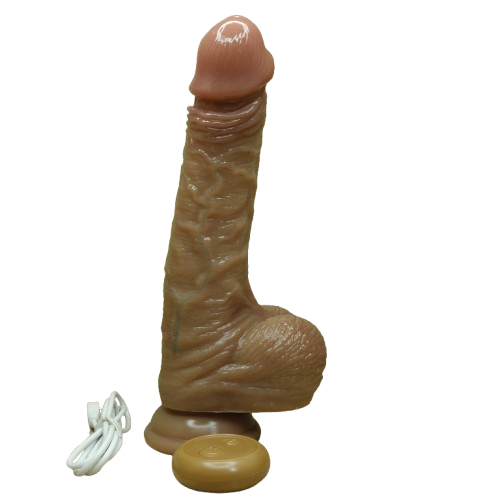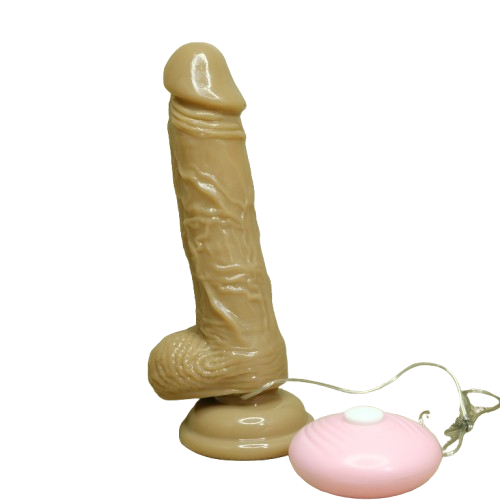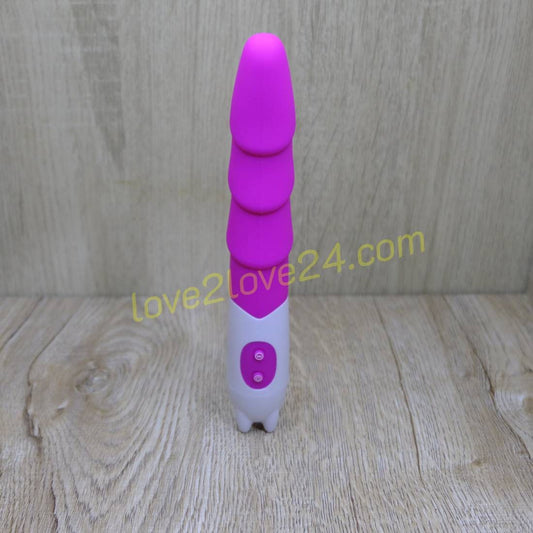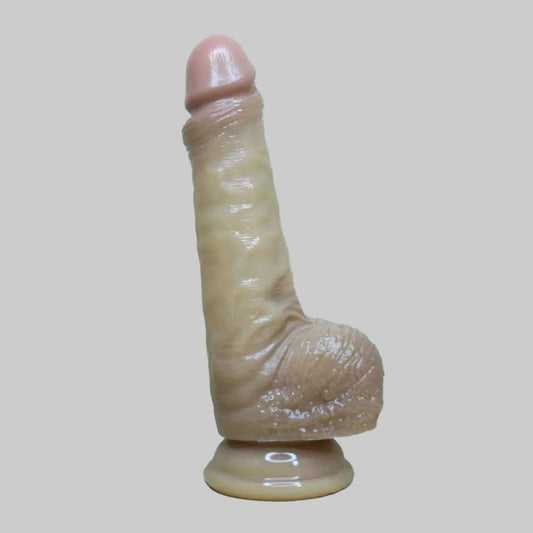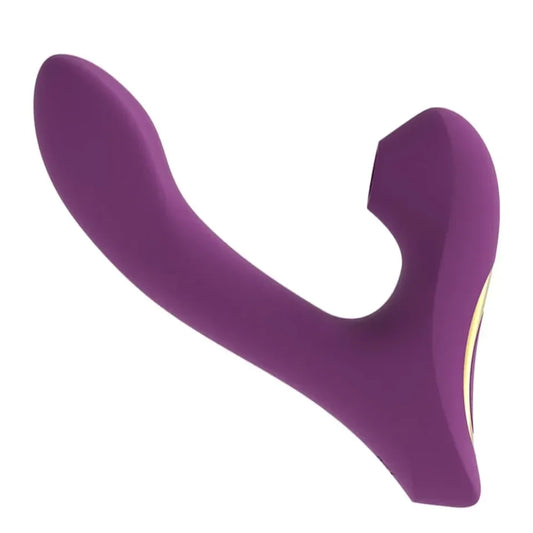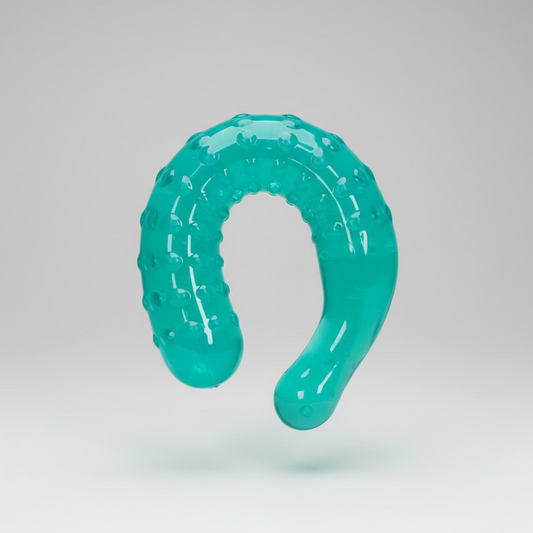
How deep should it be inserted to reach the stomach? Solving doubts about 'depth' and the chance of pregnancy
Share
The summary answer from doctors and family planners is:
The chance of pregnancy **does not depend on the depth** of penetration at all , but depends on whether there is **"sperm"** entering the vagina during the time the woman is **"ovulating"** or not. Whether the penetration is shallow or only the tip of the penis is inserted, there is a chance of pregnancy if sperm is released.
1. 🧬 Fertilization Science: The Non-Problematic Distance of Sperm
The misconception that deep penetration is required to get pregnant is not true. Pregnancy occurs when sperm successfully swims to fertilize an egg (ovum), and the mechanism is much more complicated than just distance:
- Sperm has high velocity: Healthy sperm can swim very quickly, with the distance from the vagina through the cervix to the fallopian tube (fertilization site) being only a few centimeters. **Deep insertion only helps to "get" closer to the cervix faster.** However, this does not mean that shallow insertion will prevent pregnancy.
- Sperm has a long lifespan: Sperm can survive and wait for an egg to be released into a woman's body for up to **48-72 hours (2-3 days)**. So, if there is shallow penetration on a Monday and ovulation is on Tuesday, there is still a chance of pregnancy.
2. 🚨 The main risk: It's not 'depth', it's 'semen'.
The main factor that causes pregnancy is not depth, but 3 main factors that increase the risk of sperm entering the vagina:
2.1 Sperm in pre-cum
Even though there has not been any ejaculation (withdrawal), during penetration the penis will expel pre-ejaculate fluid, which is highly likely to contain healthy sperm. **Therefore, even shallow penetration or just the tip of the penis (just the head) carries a risk of pregnancy.**
2.2 Having sex during ovulation period
The chances of pregnancy are highest during the 'fertile window', which is the 5-6 days before and after ovulation. If penetration occurs on these days, no matter how deep, as long as sperm enters, the vagina is the most suitable environment for survival and fertilization.
3. ✅ Best protection: Don't rely on 'depth' or 'withdrawal'.
Medical warning message:
Trying to "breathe in" or "withdraw" is not a reliable method of birth control, as sperm in pre-ejaculation fluid can cause pregnancy. If you don't want to have children, **always use the correct method of birth control.**
The most effective birth control methods are:
- Correct use of condoms (prevents both pregnancy and sexually transmitted diseases)
- Using birth control pills (continuously and consistently)
- Use of long-term contraception, such as the birth control shot or IUD.
Responsible family planning
If you are concerned about pregnancy or unsure of your current birth control method, consult your doctor or healthcare professional to develop a birth control plan that is best for you.
**📍 Consultation on effective birth control options*

